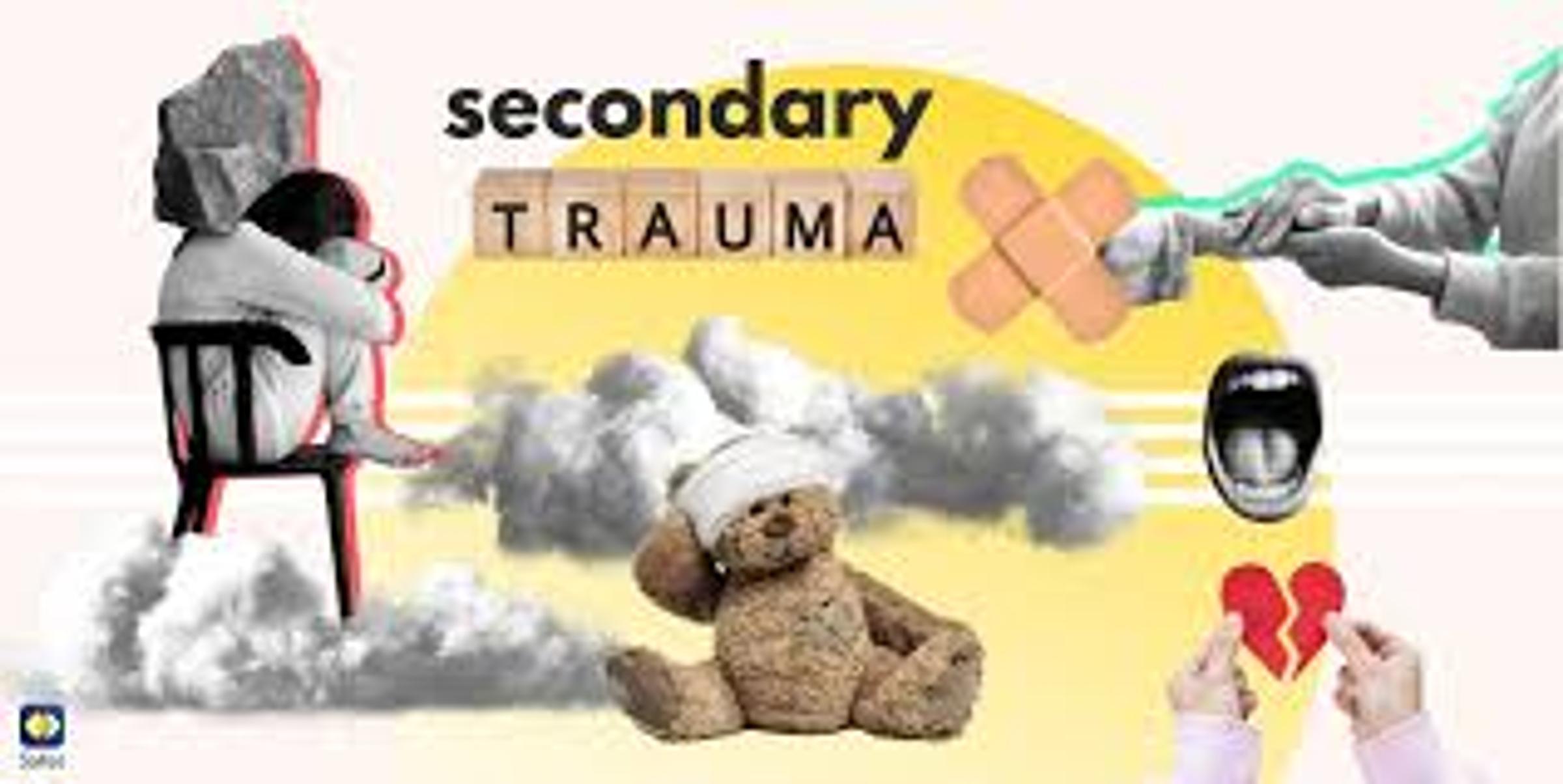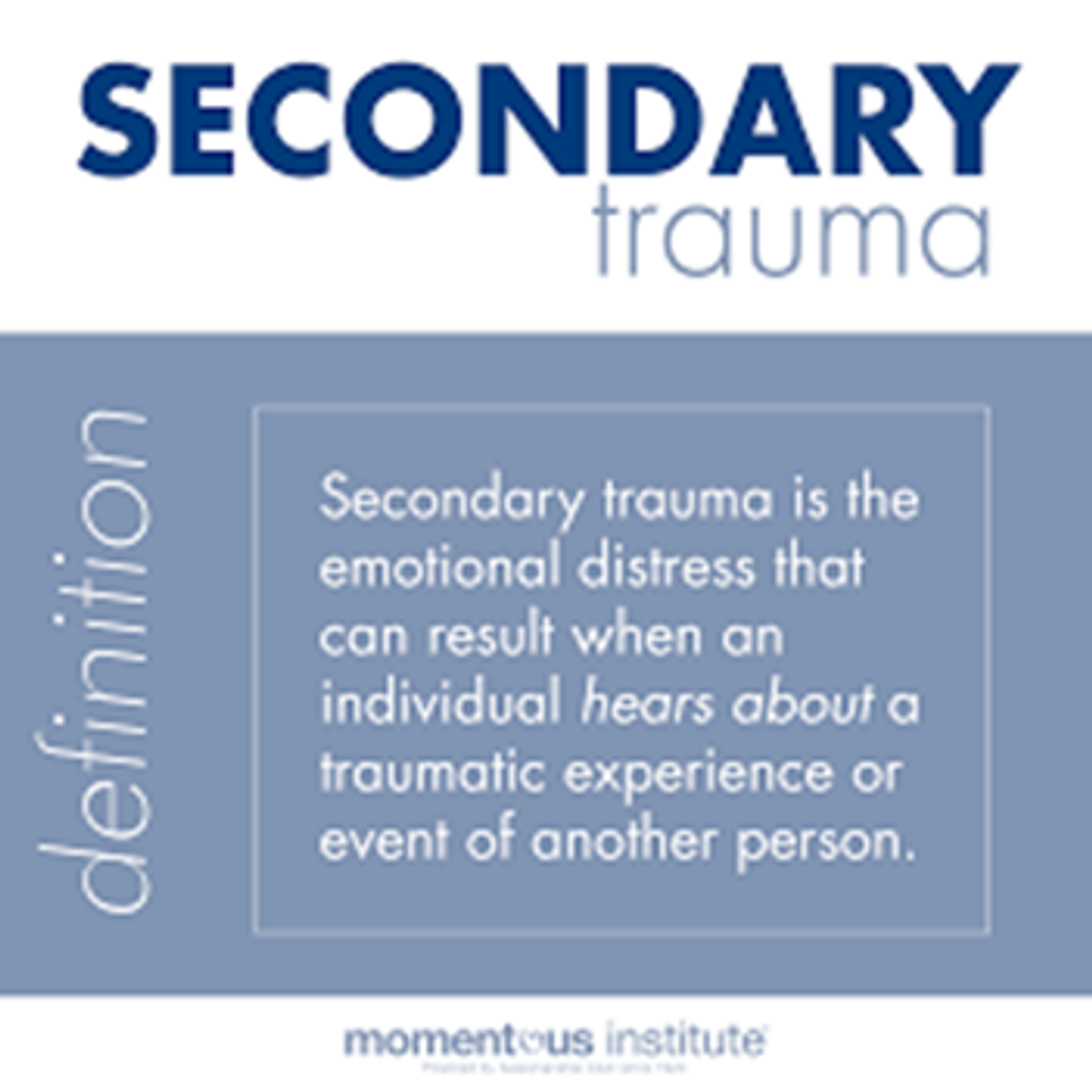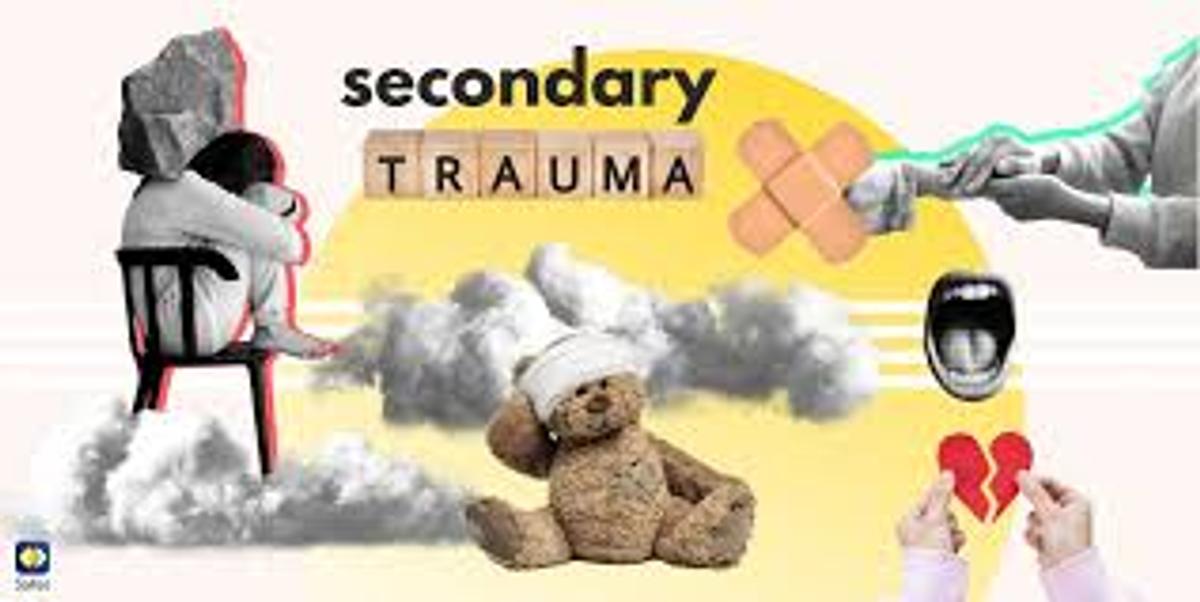Secondary Trauma
A message from the Mental Health and Wellbeing Leader

Secondary Trauma
A message from the Mental Health and Wellbeing Leader
Secondary Trauma is a trauma that you have witnessed but not experienced firsthand such as abuse, violence, crime, natural disaster, and other tragic events.
Secondary trauma can result from seeing or hearing another person’s traumatic experience or witnessing distressing events on the news and social media, such as the devastating events that have happened in our state and country in the past few weeks.


Secondary trauma is not a diagnosis but it can affect anyone at any time. Symptoms may include difficulty in sleeping, changes in appetite, mood swings, tiredness, easily startled, sadness, and separation anxiety (particularly in children). If you think you or your child may be experiencing secondary trauma, it can impact your mental health. It is important to:
If you require further support, please contact me via phone, email, or in person.
I will leave you with this thought:
“By taking care of myself I have so much more to offer the world than I do when I am running on empty.” – Ali Washington
Find your happy place!
Katrina Victor-Gordon
Mental Health and Wellbeing Leader

